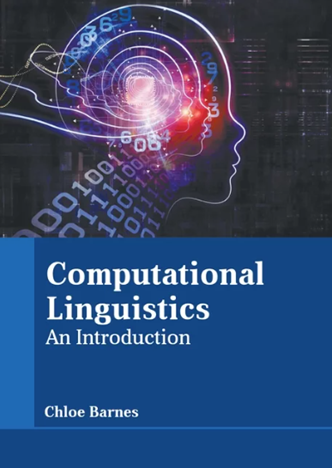语言模型行为:综合调查
IF 5.3
2区 计算机科学
引用次数: 0
摘要
转换语言模型受到了公众的广泛关注,然而它们生成的文本常常让NLP研究人员感到惊讶。在这项调查中,我们讨论了250多项关于特定任务微调之前英语语言模型行为的最新研究。语言模型具有语法、语义、语用、世界知识和推理方面的基本能力,但这些能力对特定输入和表面特征很敏感。尽管随着模型扩展到数千亿个参数,生成的文本质量显著提高,但模型仍然容易出现不真实的响应、常识性错误、记忆文本和社会偏见。这些弱点中的许多都可以归结为对文本中学习模式的过度概括或不充分概括。我们综合了最近的结果,突出了目前已知的大型语言模型能力,从而为应用工作和使用语言模型的邻近领域的研究提供了资源。本文章由计算机程序翻译,如有差异,请以英文原文为准。
Language Model Behavior: A Comprehensive Survey
Transformer language models have received widespread public attention, yet their generated text is often surprising even to NLP researchers. In this survey, we discuss over 250 recent studies of English language model behavior before task-specific fine-tuning. Language models possess basic capabilities in syntax, semantics, pragmatics, world knowledge, and reasoning, but these capabilities are sensitive to specific inputs and surface features. Despite dramatic increases in generated text quality as models scale to hundreds of billions of parameters, the models are still prone to unfactual responses, commonsense errors, memorized text, and social biases. Many of these weaknesses can be framed as over-generalizations or under-generalizations of learned patterns in text. We synthesize recent results to highlight what is currently known about large language model capabilities, thus providing a resource for applied work and for research in adjacent fields that use language models.
求助全文
通过发布文献求助,成功后即可免费获取论文全文。
去求助
来源期刊

Computational Linguistics
Computer Science-Artificial Intelligence
自引率
0.00%
发文量
45
期刊介绍:
Computational Linguistics is the longest-running publication devoted exclusively to the computational and mathematical properties of language and the design and analysis of natural language processing systems. This highly regarded quarterly offers university and industry linguists, computational linguists, artificial intelligence and machine learning investigators, cognitive scientists, speech specialists, and philosophers the latest information about the computational aspects of all the facets of research on language.
 求助内容:
求助内容: 应助结果提醒方式:
应助结果提醒方式:


